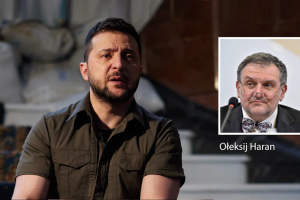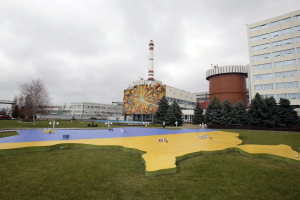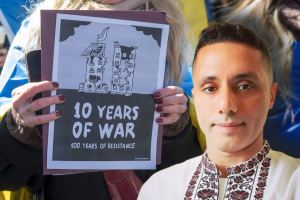How the US and EU Can Make the Kremlin Rethink Its Options in Ukraine’s Donbas
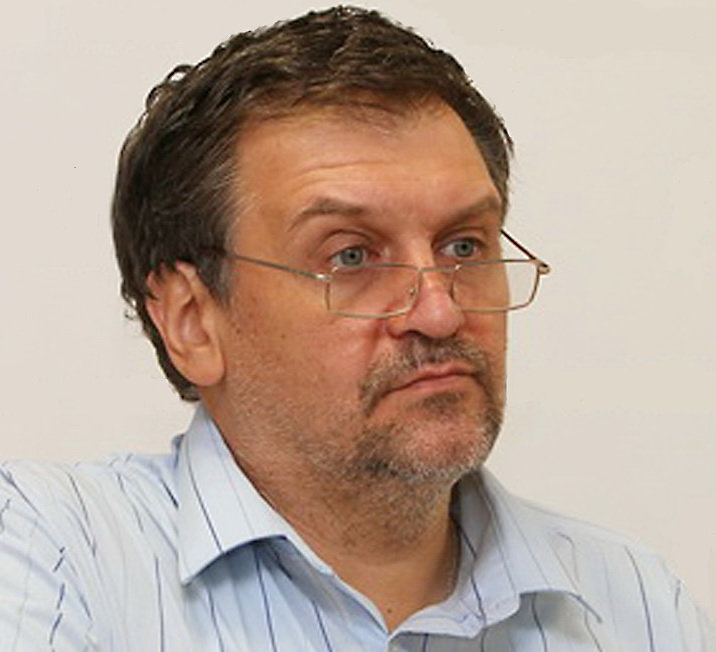
Oleхiy Haran
University of Kyiv-Mohyla Academy,
Research Director, Democratic Initiatives Foundation
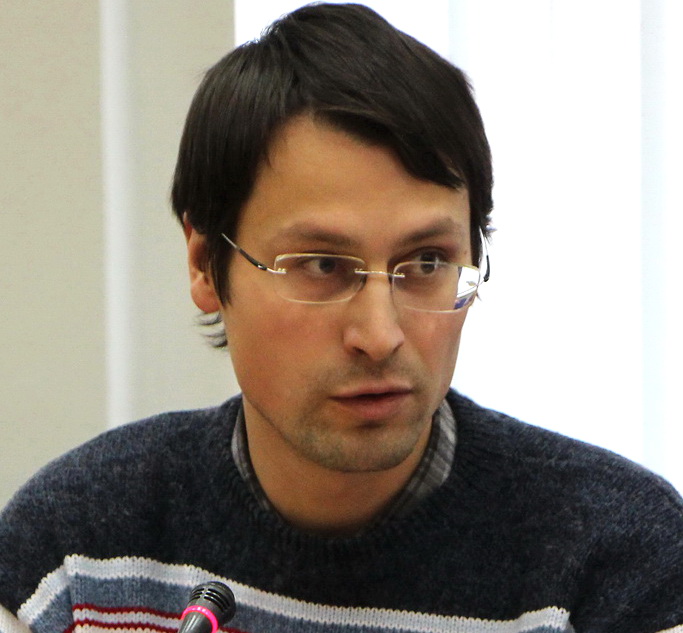
Petro Burkovsky
National Institute for Strategic Studies
(PONARS Policy Memo) Before Donald Trump’s ascension to power, Washington, Berlin, and Paris were essentially on the same policy page toward pacifying the conflict in Donbas. The broad aim was to contain the violence and facilitate direct talks between Moscow and Kyiv. The Trump administration’s track toward Russia and Donbas has been disjointed, but lately it appears to involve more sanctions as well as arming Ukraine. Top advisors and members of the new U.S. administration, such as Henry Kissinger and Kurt Volker, have advocated ideas from giving Russia leeway to being far more assertive. Key European leaders have mixed views about these tactics. What is clear is that the peace process to date has not been a success and the floated plan for allowing local elections in Donbas under UN peacekeepers does not look viable at the present time. As Washington continues to formulate its stratagems toward Russia and Ukraine, Western solidarity is the most potent feature that would make Moscow (re)consider its options in Donbas, and the wealth of knowledge that European negotiators have about the particulars of the Donbas situation should not be discounted.





